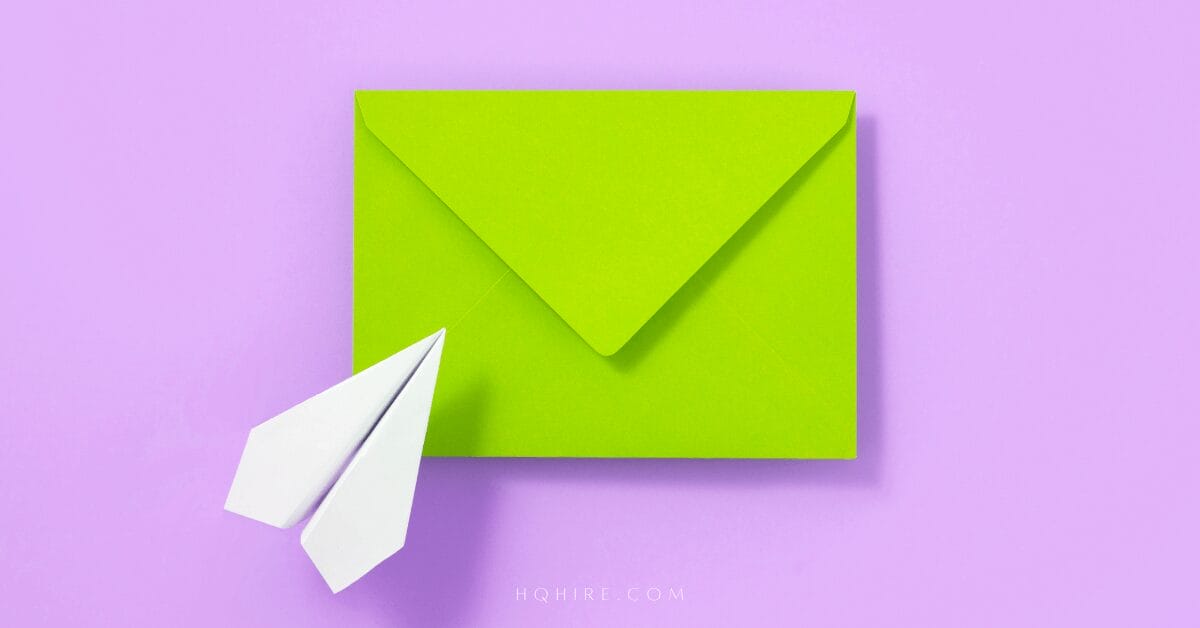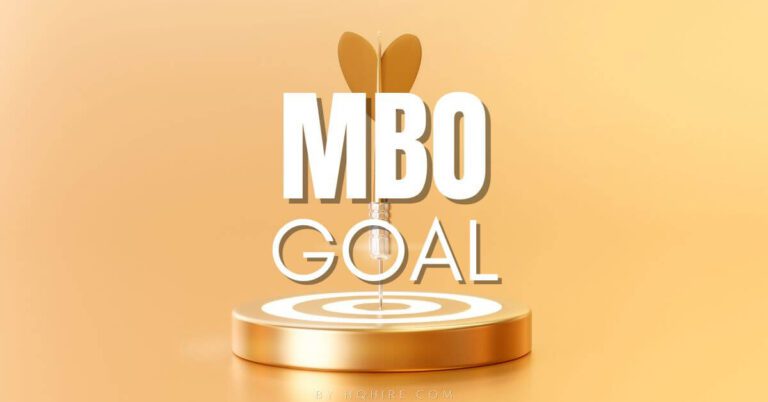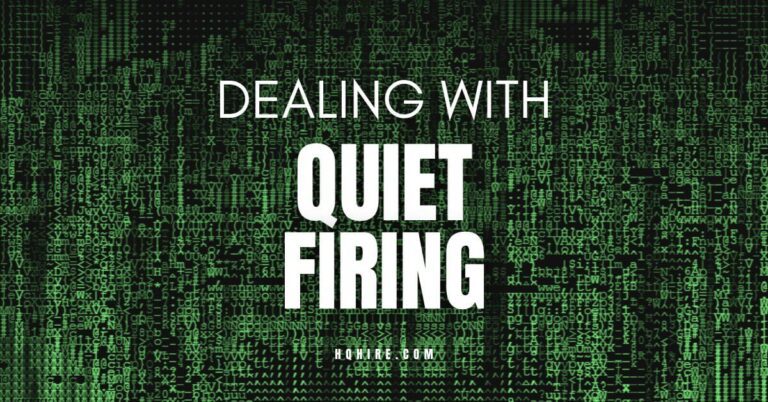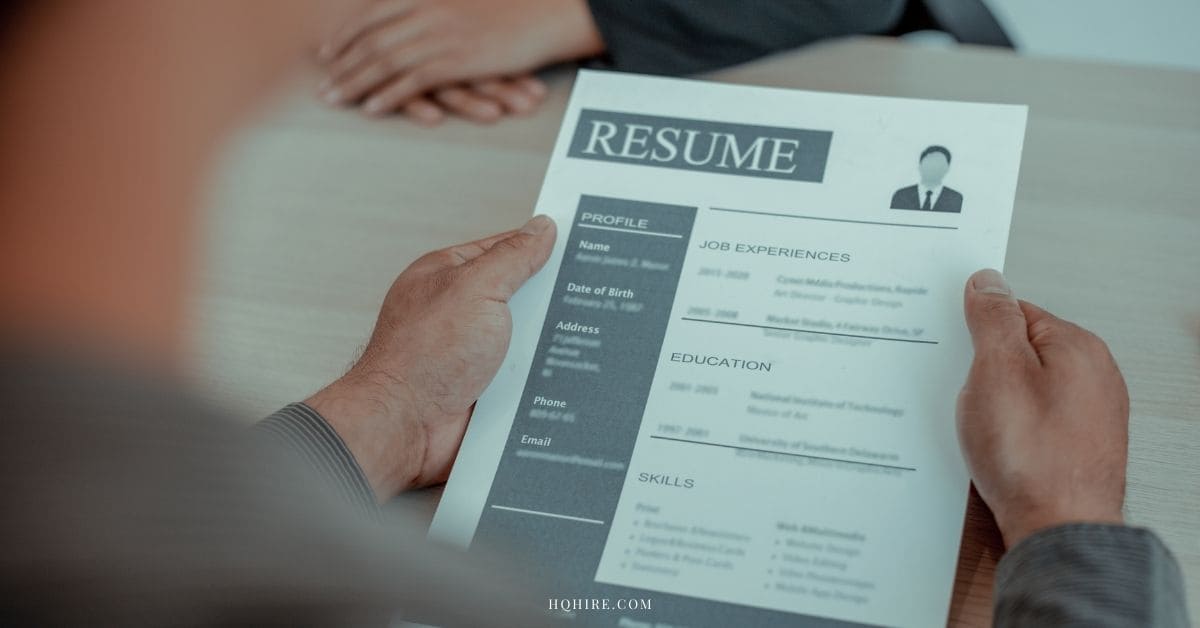Interviewing for a job is a daunting task, but with some preparation and thought ahead, you can sail through the process with ease.
There is no one answer to every question in a job interview, but following these tips can help you come up with thoughtful answers that show you’re a good fit for the position.
Be prepared to answer questions about your skills, experience, and goals. Try not to speak too quickly or ramble, and be sure to stay focused on the interviewer.
After confirming your interview, you’ll need to learn how to answer interview questions correctly. Learning the tip for answering interview questions can give you a competitive edge over the other candidates.
Tips on How to Answer Job Interview Questions
Candidates who score in interviews know that it is not just about what you say in the interview, but how you say it and a lot of other different factors. Knowing what are the most common interview questions being asked during an interview can help you just that.
Things that differentiate a good interview from a bad interview.
- How do you answer the interview questions?
- Information you give during your interview.
- The preparation you’ve done before coming to the interview.
- Details that you don’t disclose in an interview.
- Non-verbal cues you give during the interview.
All these factors come into play when a candidate is either given an offer or not. Here are a few of the best tips when answering any interview questions.
1. Research Your Job Role and The Company
Do a quick research on the company to know what the company does.
Although this may sound basic and should be something that every candidate should do before they go for an interview.
Shockingly more than a quarter of the candidates don’t know what the company does. And this definitely does not give a good impression to the interviewer.
The more you know about the company, the better equipped you will be when responding to interview questions.
Suggestions:
One week before the interview and also on the day before the interview, try visiting the company’s website and read the section on “about us”.
Take note of what the company does and also what are the mission and vision of the company. This information is crucial when answering questions given by the interviewers.
2. Know Your Own Work History
It may sound strange, but some candidates actually can’t recall some of the basic details of themselves when coming face to face with interviewers.
Questions such as the following may be asked:
- “How long have you been working?”
- “What relevant jobs have you worked before?”
- “What is your position in your previous companies?”
- “What name are your supervisors in your previous companies?”
And if you have to switch for quite a few jobs in a short time frame:
- “What are the reasons that you leave your previous jobs?”
These questions may sound simple now, but many candidates when asked these questions, simply stare at the interviewer and can’t recall any of the details.
Be sure you know your work history, as it is part of your interview.
Suggestion:
If you are nervous, bring an extra copy of your resume to refer to. And when need a reminder on what achievements have you achieved, do a quick recall of what you did previously, and how have you achieved it.
If you do all these, you will thank yourself later, because you will be able to avoid all those awkward silence in an interview.
3. Don’t Rush Into Answering
Take your time when answering the interview questions. Never rush to respond to an interview question.
An interview is not a race and giving a wrong response may not be something you want in an interview.
Always take some time to compose your thoughts so you can answer the question correctly.
Responding correctly to the question is better than jumping the gun and saying something you wish you have not said during the interview. If unsure, ask.
Suggestion:
Try not to use filter words such as “Uh…, erm… hum…”.
If you need time to think about the answer or don’t understand the question, simply ask politely for the interviewer to repeat the question.
This gives you extra time to think about what they are asking, and how should you answer.
4. Calm Down Your Mind and Nerves
Interviewing can be one of the most nerve-wracking parts of getting a job. This can be your first interview or your 18th interview, you will still be nervous.
Remember to get to the place you will be having your interview early. If you reach your interview location in a hurry, you won’t even have time to let yourself calm down.
Furthermore, you will look all panicky and tense. Worst if you are late for the interview.
Get to the place early and take a few deep breaths before you go into the interview. Relax but stay focused, the interviewer might just be as nervous as you are.
Suggestions:
As a rule of thumb, arrive at the interview venue at least 15 minutes earlier.
If you are staying far from the company, try to allocate more buffer time for any unexpected events. Traffic jam often occurs unexpectedly when you are in a rush.
If you give yourself sufficient time to relax your mind, you will be less nervous during the interview. Another way to calm down is to take a few sips of water and take a deep breath before the interview.
5. Practice Your Answers
Does anyone heard of the phrase “Practice makes perfect”?
The more practice you have before the interview, the more comfortable you will be during the job interview.
A famous quote from Bruce Lee,
“I fear not the man who has practiced 10,000 kicks once, but I fear the man who has practiced one kick 10,000 times.”
Suggestion:
There are many ways you can practice and prepare yourself for the interview.
You can either ask a friend or family member to help by answering some of the most common interview questions to get an idea of how to respond to each question or simply practice your interview before a mirror.
Write out all the prepared “model answers” to each possible interview question and polish each answer to perfection during your interview practice.
This may be your first interview after a long time and feeling nervous about that big day. But with enough practice, your interview may just become an enjoyable chit-chat between you and the interviewers.
6. Be Proud of Your Accomplishments
Are you proud of your accomplishment?
An interview is a time for you to share your accomplishments with your interviewer. Don’t be shy about what you have accomplished through your career.
Tell your interviewer:
- What are the highlights of your career?
- What did you accomplish that makes your previous employers proud?
- What other accomplishments you did make a positive change to your previous company?
Suggestion:
Prepare before the interview about 3 things you accomplished in your previous company that is related to the job you are applying for.
Recap how these accomplishments have positively impacted the company and the people. This will come in handy during the interview and allows you to differentiate yourself from the other hundreds of applicants.
7. Be Professional in Your Response
You are a professional so your response should also be professional.
Focus on your answers that is related to your professional skills and abilities.
The interviewer is not here to make a friend, or at least not when they are trying to put the right person in the job.
Don’t start rumbling to your interviewer about your personal life, your fluffy little dog at home, your family, or what you like to do in your free time. Only answer what is being asked.
Most importantly, don’t start bringing up any non-work-related issues during the interview. Such as requesting a special arrangement for child care.
Suggestion:
The interviewers are trying to get the best person for the job. They are least interested in your personal life or how much you love traveling unless this helps in performing the job you are hired for.
Keep your answer to the interview question direct, and relate it to the position you are going to be hired for. Keep your response relevant to the question and what the interviewer is concerned about.
Sometimes taking more does not mean it is good, it may actually backfire if what you say is not something that your interviewer likes or wants.
8. Prepare Your Own Questions
Have a few questions ready to ask your interviewers. One of the very last questions that almost all interviewers will ask during a job interview is “Do you have any questions“.
Remember, an interview goes both ways. The interviewer is looking for the right person for the job and you are looking for the right job for you.
Be prepared before the interview and have a few questions ready at hand to ask the interviewer.
Suggestion:
3 kinds of questions you can ask your interviewer,
- About the job
- About the company
- About their thoughts
Never ask them about the pay, unless they asked.
A job interview is not a good time to talk about the pay.
If you are selected as the potential candidate, HR will probably contact you, and you can discuss the pay and the remuneration packages.
9. End The Interview On a Good Note
You have just finished an hour-long interview and feel that you did your best in the interview. Your interviewer says they will contact you if you are chosen. So now what? Just leave the room and go home to wait for a call or wait to be contacted?
No!
Remember, they have spent their precious time out of their busy schedules and meetings to be with you during the interview.
At the end of the interview, it is the best time to thank the interviewer for their time and be sincere about it.
You may or may not get the job, but it is the basic human courtesy to say thanks for the time that they have spent on your interview.
Suggestion:
A simple thank you may not sounds much, but to an interviewer, this makes a lasting impression about the candidate that they are interviewing.
A simple thank you at the end of the interview seems not as important. But it may just be the last key ingredient that land you in the dream job you are interviewing for.
Bonus
Wait! I thought we just finished the interview and we even say thank you and bye to the interviewer. Is there anything else we still have to do?
Yes!
Bonus. Follow Up After The Interview
In fact, this bonus tip is what let some candidates get hired. Interviewers sometimes face the dilemma of choosing between 2 candidates, both with similar experience and potential. But only one will get the offer.
After your interview, take the time to follow up with a personal thank you note by email.
Suggestion:
In your thankyou email, simply thank them for their time and be happy to have been given a chance to come for the interview and hope to hear from them soon.
Although, this may sound simple, only 1 in 10 of the candidates who go for an interview actually ever do a follow-up.
This simple email will generally show them your interest in the company. This will also differentiate you from the many others before you.
Read Also:
- How to Answer “Tell Me About a Time You Inspired Your Team” Job Interview Question (Tips and Examples)
- How to Answer “Tell me about a time you overcome a setback” Job Interview Question (Tips and Examples)
- How to Answer “Tell me about a time you built something from scratch” Job Interview Question (Tips and Examples)
- How to Answer “Tell Me About a Time You Handled an Ethical Dilemma” Job Interview Question (Tips and Examples)
- How to Answer “Tell Me About a Time You Dealt With a Difficult Team Member” Job Interview Question (Tips and Examples)
Join over 11,000+ achievers who are committed to achieving their career goals!






